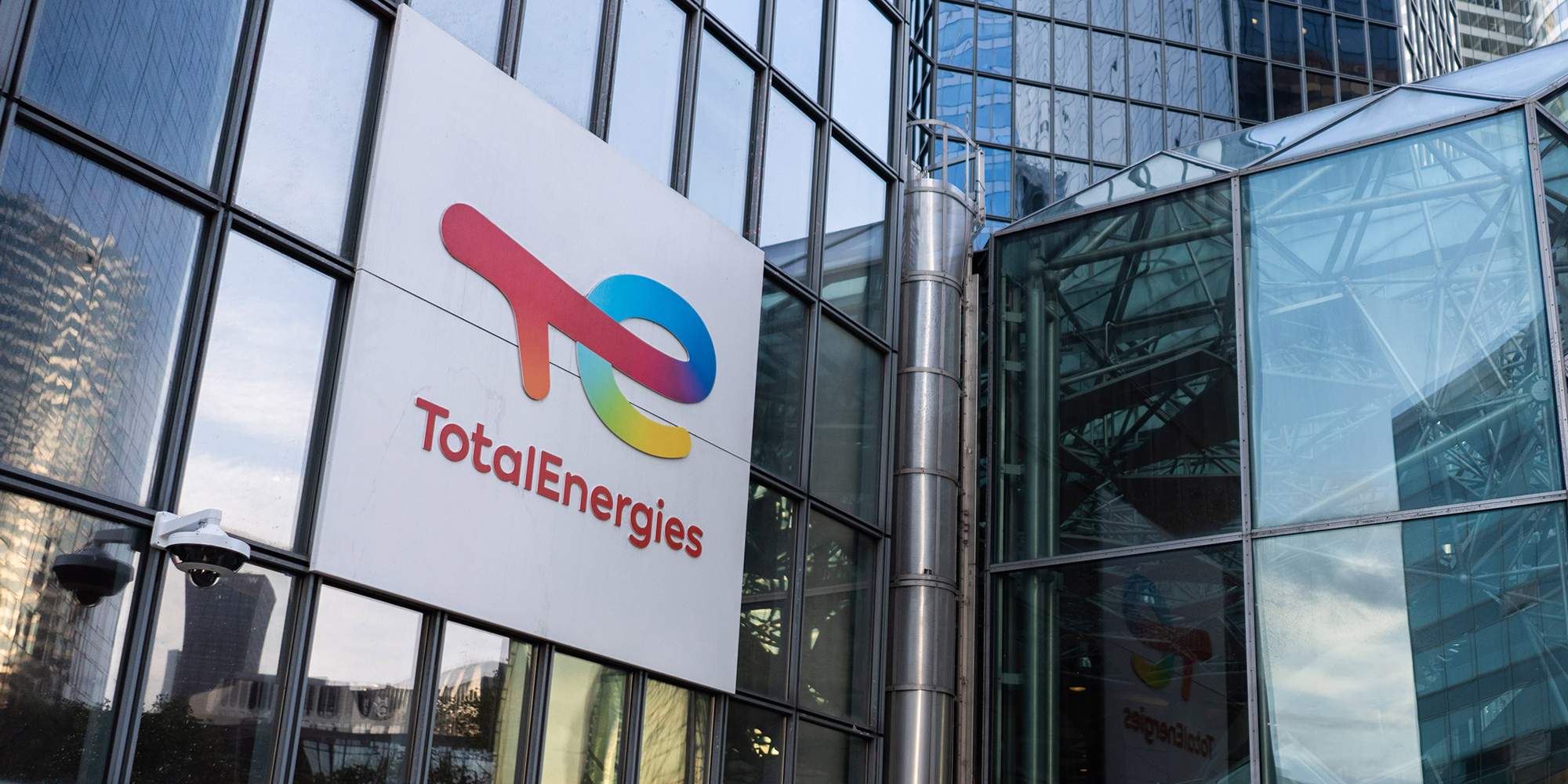Greenwashing is when companies exaggerate or falsely claim environmental benefits to attract eco-conscious consumers. Terms like “eco-friendly” or “all-natural” with no certification, emphasise a minor green aspect to overshadow negative impacts.
It amounts to feigning “green” or “eco-friendly” to gain public approval or sell products without taking meaningful actions to help the environment. This deception can violate advertising and consumer protection laws and can erode consumer trust.
Companies engaging in greenwashing mislead consumers by making false or exaggerated claims about the environmental benefits of their products or services. They exploit the growing demand for sustainable options, capitalising on consumers’ genuine desire to make environmentally responsible choices. But does this amount to fraud?
Greenwashing can take many forms:
- Hidden trade-offs: emphasising one eco-friendly attribute while ignoring broader environmental concerns;
- Lack of proof or certification: making unverifiable claims without certification;
- Vagueness: using poorly defined terms that mislead consumers;
- False labels: falsely suggesting third-party endorsements or evoking misleading imagery;
- Irrelevance: highlighting minor green aspects that do not significantly impact sustainability;
- Lesser of two evils: comparing to less-sustainable alternatives to appear environmentally friendly; and
- Falsehoods: making outright untrue claims.
Is greenwashing fraud?
For something to be legally considered fraud, it typically involves intentional deception for financial gain resulting in a loss for the victim, or for a consumer or an investor. If greenwashing meets these criteria, it could be prosecuted as fraud in certain jurisdictions.
Greenwashing, though it may not always be illegal, is seen as unethical because it exploits consumer trust and hinders genuine efforts to address environmental issues. It is certainly not consistent with good corporate citizenship.
The US Securities and Exchange Commission recently ramped up its enforcement actions against greenwashing through its Climate and ESG Task Force, which targets companies making unsubstantiated environmental claims to attract investors.
The Advertising Regulatory Board (ARB) in South Africa recently found that TotalEnergies’ claims of being committed to sustainable development because of its partnership with SANParks were misleading and a violation of the Code of Advertising Practice.
The ARB held that there is no discernible link between TotalEnergies’ support of SANParks and a commitment to sustainable development; accordingly, this amounts to a misleading claim and is prohibited in terms of the code.
These enforcement efforts underline the growing scrutiny of corporate environmental claims, and the significant legal risks associated with greenwashing in all of its forms. This is just one factor among many which have led to a new phenomenon known as “greenhushing”.
The rise of greenhushing
Fearing accusations of greenwashing, some companies now engage in “greenhushing” – avoiding publicising sustainability efforts. While this reduces scrutiny, it also slows the broader momentum towards systemic change, limiting consumer awareness and peer competition to improve practices.
Systemic change is needed to transition from our current high-carbon, extractive, wasteful economy to one which is sustainable. Progressive brands making this change play an important role in the transition by helping accelerate much-needed behaviour change.
If brands choose to stay quiet about their efforts towards more sustainable practices it will be harder for meaningful behaviour change to occur. Bold public commitments to sustainability (provided they are backed by substance) can drive peer companies to race towards the same progress so as not to be excluded from the market.
More transparency from brands as to the changes they have made in their business practices also supports a shift in narrative, which in turn bolsters consumer sentiment and gives momentum to a general shift towards sustainable business.
As more and more businesses disclose, for example, their waste management and how they have reduced their waste to landfills, it will become increasingly unacceptable in the market not to make this disclosure, and consumers will expect this from businesses when making purchasing decisions.
Achieving credible sustainability claims
To navigate the balance between greenwashing and greenhushing, companies must focus on transparency, authenticity and actionable goals. How do you become part of the change and navigate the tension between saying nothing and saying things you should not say?
- Focus on action on key material impact areas: instead of emphasising areas with minimal impact on a retailer’s greenhouse gas emissions, such as plastic bags, prioritise sourcing of raw materials. Generally, the bolder the claim, the more likely it is to be perceived as greenwashing. Conversely, the more specific your claim, the more likely an audience will engage and resonate with it;
- Acknowledge what is in your direct control and what is not: develop a clear perspective on factors beyond direct control, including difficult debates over consumption and consumerism;
- Be authentic: for example, talk about what regenerative agriculture means to you, in the context you are in, and about your vision;
- Do not wait for the perfect answer: acknowledge that you will not have all the answers but share your journey to sustainable agriculture. Do not be silent on sustainability; and
- Be adaptive: we should recognise that systemic change is multifaceted, and it can be messy and complicated. Your business should foster a culture of innovation and agility across all initiatives.
Bold, credible sustainability commitments can drive industry-wide progress. When companies disclose impactful practices, such as waste reduction or regenerative agriculture, they not only meet consumer expectations but also set higher standards for competitors. DM
Candace Lategan is a manager in the Forensics Team of law farm ENSafrica.




